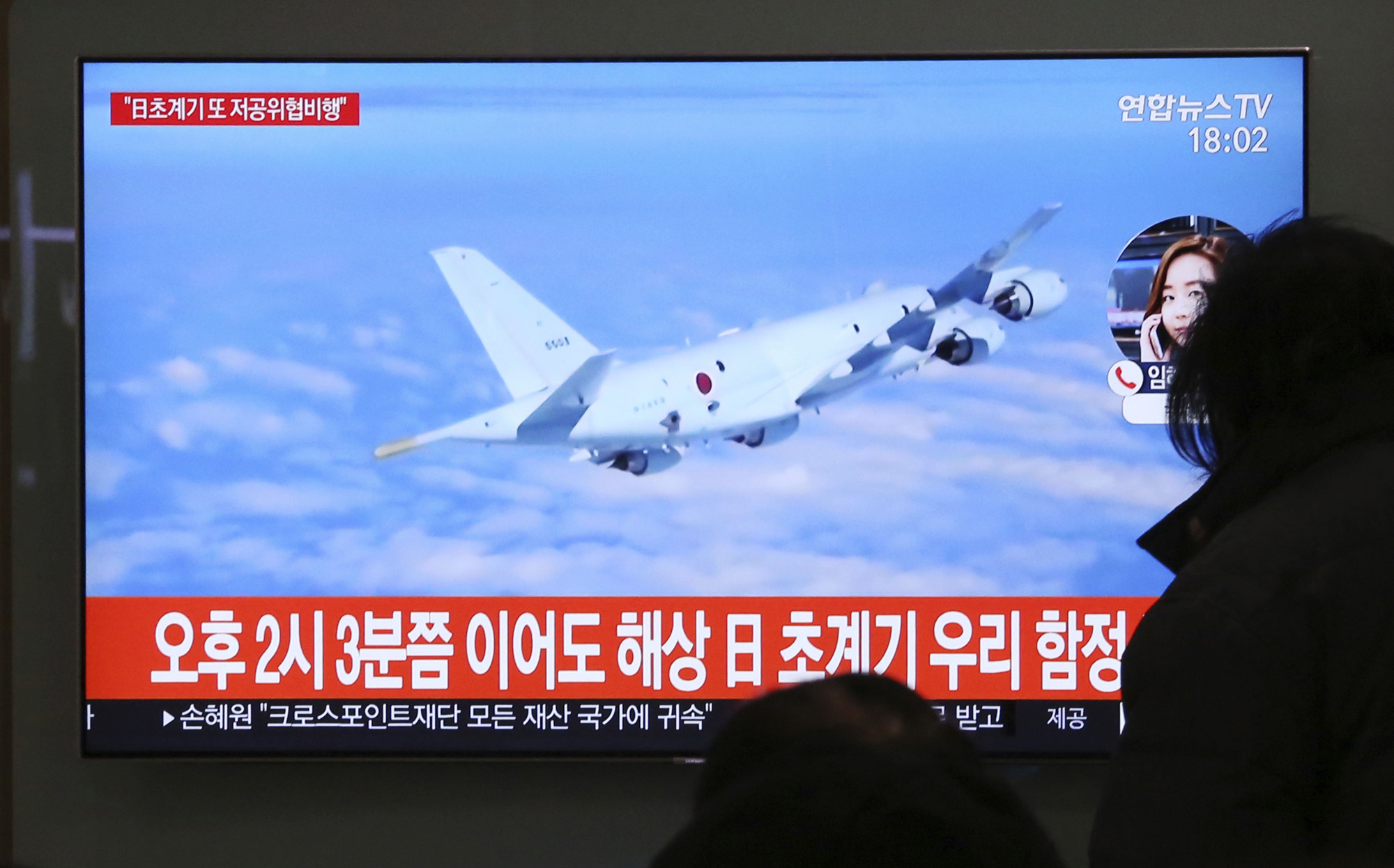Several maritime incidents between military assets of U.S. allies Japan and South Korea and their aftermath have disrupted and damaged the Japan-South Korea relationship, and may have broader implications for the geopolitics of the region.
How did such relatively minor incidents turn so serious so swiftly? What lessons can be learned that are applicable to other nations that may find themselves in similar situations?
In late December, Japan accused a South Korean warship of locking its fire-control radar on one of Japan's maritime surveillance aircraft overflying the area of overlap of their claimed exclusive economic zones (EEZ) in the Sea of Japan. Japan said that in doing so, South Korea had violated the Code for Unplanned Encounters at Sea (CUES); Tokyo called the incident "extremely dangerous." In response, South Korea accused the Japanese aircraft of flying dangerously low over its warship.


















With your current subscription plan you can comment on stories. However, before writing your first comment, please create a display name in the Profile section of your subscriber account page.